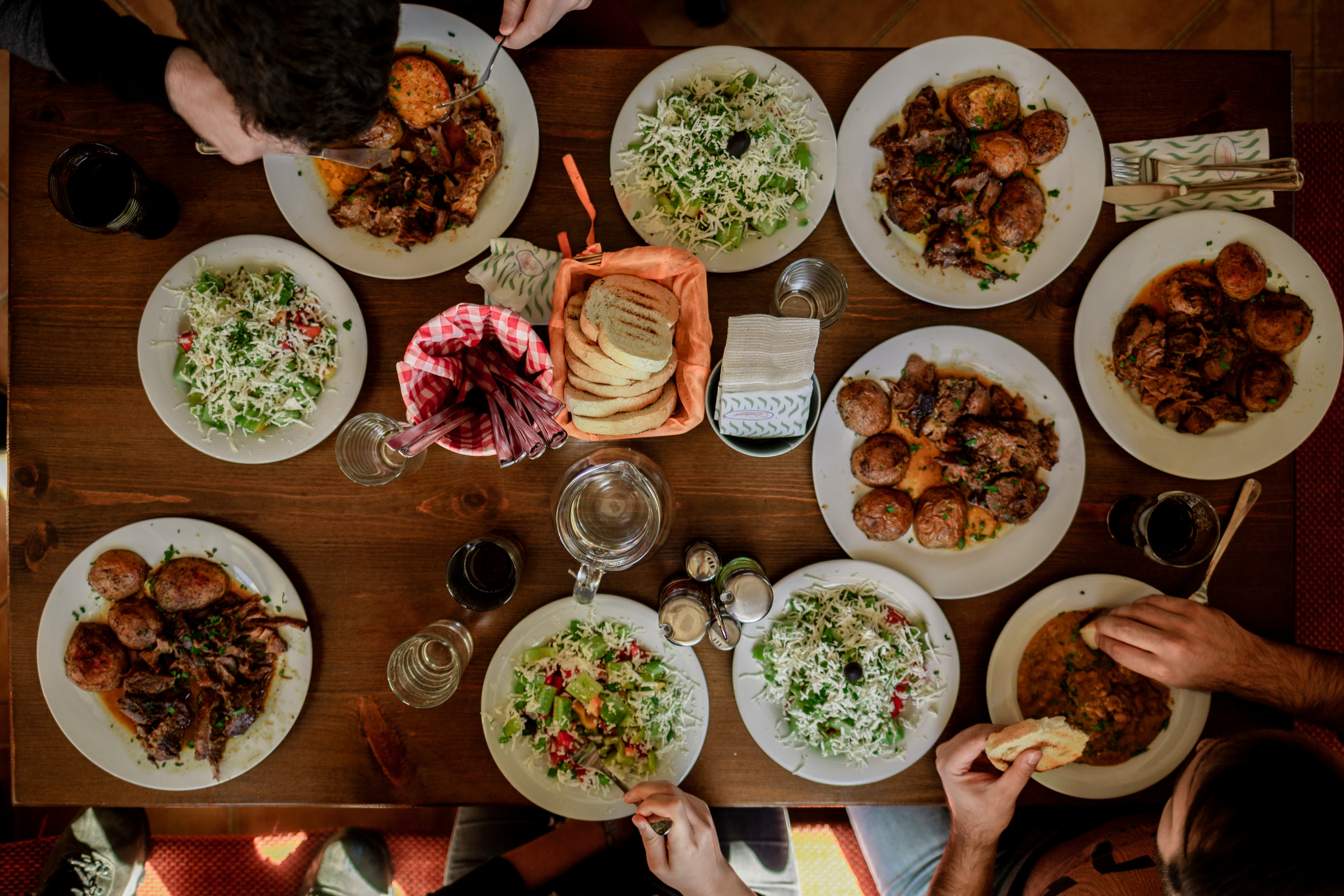News release
From:
How we consider the impact of our decisions on others may be reward based.
Reward-processing brain regions are involved in our ability to contemplate the preferences of others so that we can compare beneficial options and choose the best one.
Making decisions that impact the lives of others involves considering the options available and selecting ones that will provide optimal benefit to them. This happens on a broad scale, from getting a gift for a friend to deciding which politician to elect for the betterment of societal welfare to being a politician and choosing how best to improve the quality of life for a country’s inhabitants. In a collaboration between Ludwig Maximilian University Munich and the University of Zurich, Alexander Soutschek and colleagues investigated how our brains compare conflicting options for the mutual benefit of all. Human participants fasted for 4 hours prior to the study and completed tasks in which they rated how much they liked food items, associated symbols with food quantities, and predicted the food preferences of others whose preferences were opposite to their own after observing them make food choices. Participants then completed a final task in which they assigned different quantities of food to both themselves and others whose food preferences were opposite to their own (a “welfare maximization task”). The scientists discovered that people learned the preferences of others and integrated these with their own preferences to make mutually beneficial decisions, not decisions benefiting only themselves. An imaging technique and complex analyses revealed that the reward system of the brain was active during tracking of participants’ own preferences as well as the preferences of others. It was also involved in the execution of decisions that were optimal for all participants in the welfare maximization task. These findings suggest that reward-related brain regions contribute to how people make decisions benefiting others despite conflicting preferences.



 International
International



